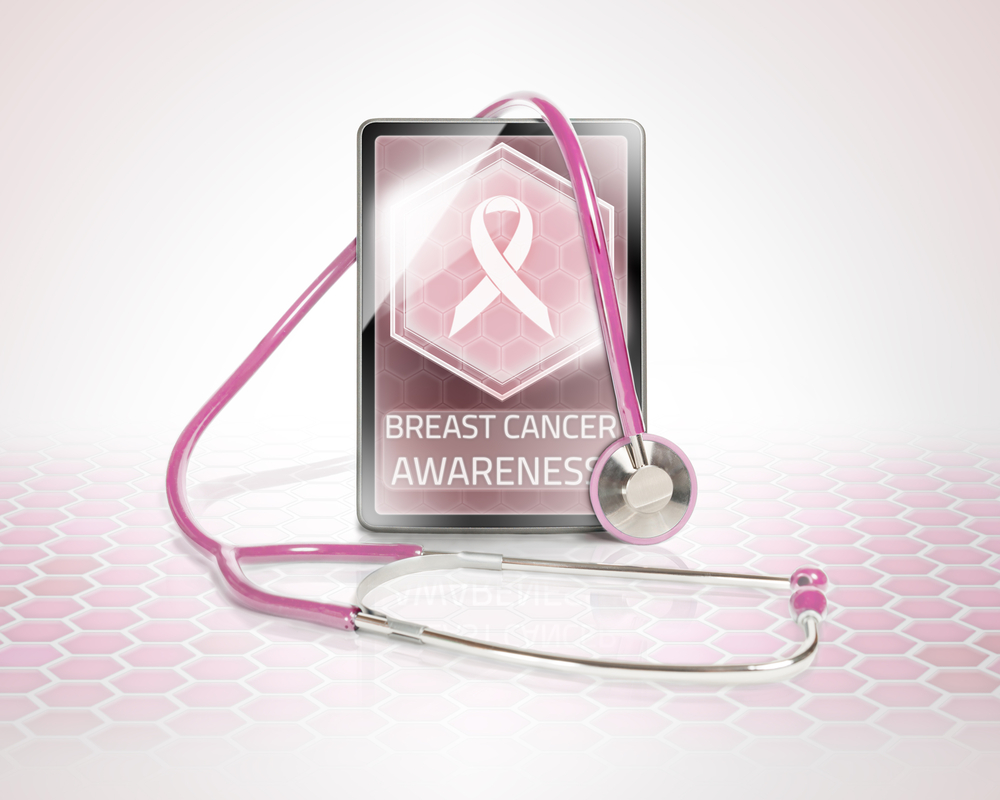Following the release of a draft of breast cancer screening recommendations from the United States Preventive Services Task Force (USPSTF), the American College of Radiology (ACR) claims that the changes would cause thousands of unnecessary and additional breast cancer deaths every year. More complex and expensive treatments would be prescribed to thousands of women when compared to a regular mammogram exam, which could allow early cancer diagnosis. The adoption of these recommendations could also deprive millions of women aged 40 or older of private insurance coverage with no copay for mammograms.
The Affordable Care Act (ACA) demands that private insurers cover both procedures and exams that received a grade of “B” or higher by the USPSTF. The Task Force gave routine screening of women aged between 40 to 49 a grade of “C” and a “B” grade to biennial screening of women aged 50 to 74 years old. This means that 40 to 49 year old women that choose routine screening and 50 to 74 year old women that want to be screened each year would not have guaranteed coverage, which could be of significant impact in rural and underserved areas.
“We believe that the Secretary of the Department of Health and Human Services (HHS) can clarify now whether adoption of the USPSTF recommendations would mean that private insurers no longer have to cover mammograms for millions of women 40-49 who, together with their doctor, choose to have regular mammograms and those 50-74 who choose to be screened annually. We call on her to affirm that coverage will not be affected,” noted Bibb Allen, who is the chair of the American College of Radiology Board of Chancellors.
The National Cancer Institute estimates that since mammography screening became frequent in the 80s, cancer death rates due to breast cancer dropped about 35 percent. A published analysis showed that if women aged 40 to 49 remain unscreened and if those aged 50 to 74 are screened biennially, an additional 6,500 women would die each year in the United States as a consequence of breast cancer.
A study published in JAMA Internal Medicine demonstrated that patients suffer from short term anxiety due to test results, which quickly disappear over time with no significant effects on women’s health. Past research studies indicated that nearly 100 percent of those who experience a false-positive exam are in favor of screening and want to know their diagnosis.
“The USPSTF limited its consideration to studies that underestimate the lifesaving benefit of regular screening and greatly inflate overdiagnosis claims. They ignored more modern studies that have shown much greater benefit. These limitations result in the misrepresentation of the real trade-offs that women and health care providers need to know about in order to make good decisions about screening. They also ignored the demonstrated views of American women on screening. Unfortunately, these recommendations will only add to confusion that is placing women at risk,” explained Barbara Monsees, from the American College of Radiology Breast Imaging Commission.
According to the ACR, USPSTF guidelines are not considered “trustworthy guidelines” and no breast cancer experts sit on the task force that helped create these recommendations which, due to the lack of transparency, should be considered suspicious.
Murray Rebner, Society of Breast Imaging (SBI) president explained, “These USPSTF draft recommendations are based on a curiously selective analysis that does not foster a great deal of trust. Their recommendation creation process does not comply with IOM standards for trustworthy guideline creation that most major medical organizations are working to meet. This lack of transparency, lack of breast cancer expertise, and exclusion of studies that would support screening effectiveness and lower overdiagnosis estimates may result in unnecessary lives lost.”


